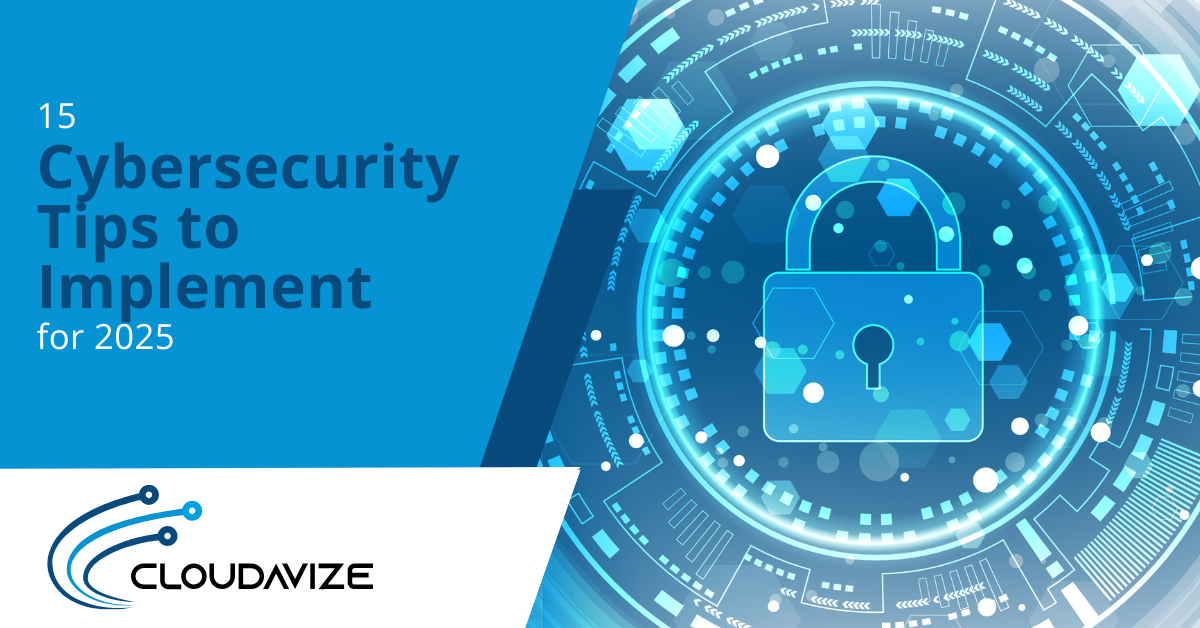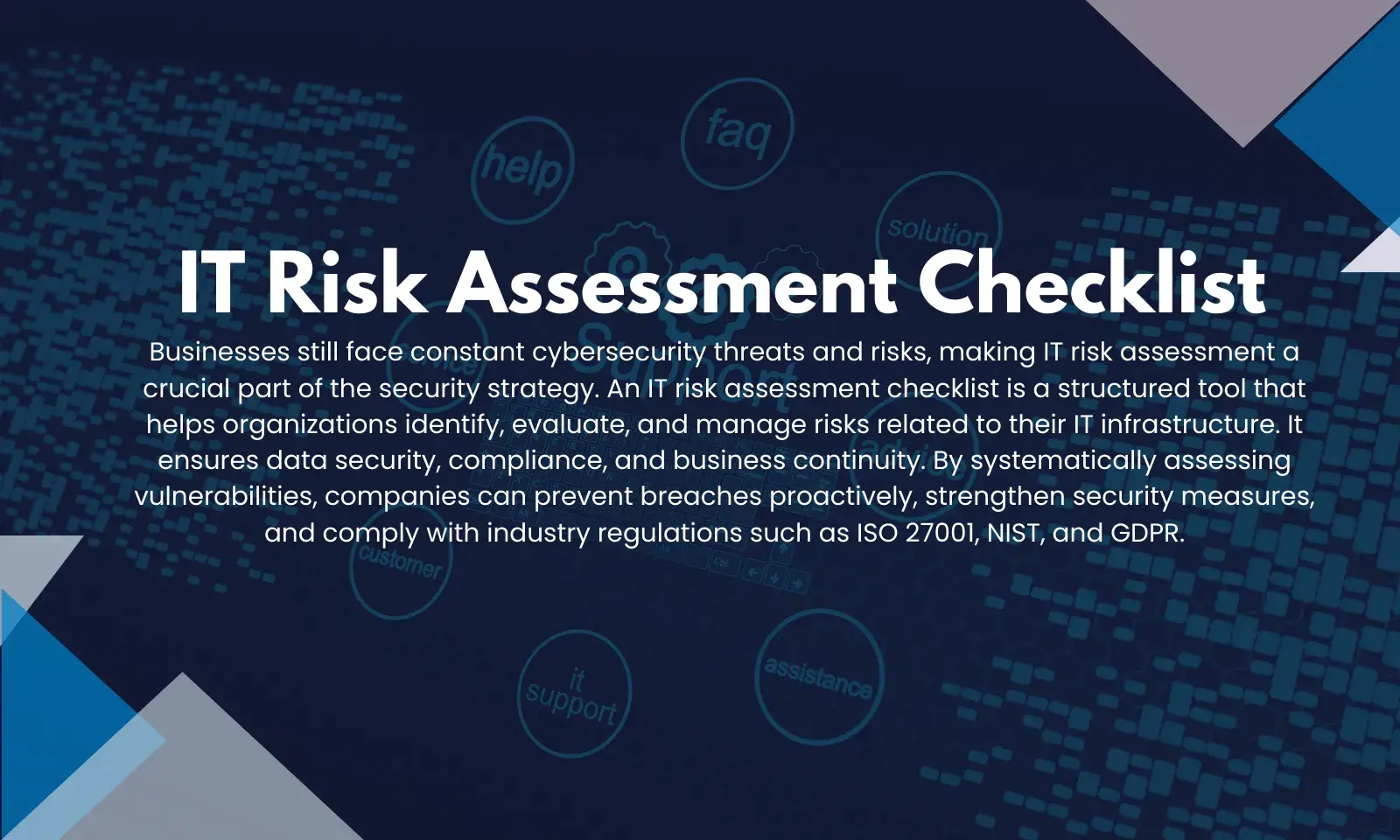As we approach 2025, the landscape of cybersecurity continues to evolve at a rapid pace. With technological advancements come new threats and vulnerabilities that businesses and individuals must navigate.
Staying ahead of these challenges requires a proactive approach to cybersecurity, ensuring that systems and data remain secure. In this article, we will explore essential cybersecurity tips to implement for 2025, helping you safeguard your digital assets against emerging threats.
Table of Contents
Why is Cybersecurity More Important Than Ever?
In today’s digital age, cybersecurity is not just a technical issue but a critical business concern. The increasing reliance on digital platforms and the rise in remote work have expanded the attack surface for cybercriminals. Data breaches, ransomware attacks, and phishing scams are becoming more sophisticated and frequent. As a result, protecting sensitive information and maintaining trust with customers is paramount.
Cybersecurity is essential for safeguarding not only financial assets but also intellectual property and personal data. A breach can lead to significant financial losses, reputational damage, and legal repercussions. Therefore, understanding the importance of cybersecurity and implementing robust measures is crucial for any organization or individual.
How Can You Strengthen Your Password Policies?
One of the simplest yet most effective ways to enhance cybersecurity is by strengthening password policies. Weak or reused passwords are a common entry point for cybercriminals. To mitigate this risk, consider implementing the following strategies:
Encourage Strong Passwords
Educate employees and users about creating strong passwords that combine uppercase and lowercase letters, numbers, and special characters. Avoid using easily guessable information such as birthdays or common words.
Implement Multi-Factor Authentication (MFA)
Multi-factor authentication adds an extra layer of security by requiring users to provide two or more verification factors to access an account. This could include something they know (a password), something they have (a smartphone), or something they are (biometric verification).
Regularly Update Passwords
Encourage regular password updates to minimize the risk of unauthorized access. Set policies that require password changes every few months and avoid reusing old passwords.
What Role Does Employee Training Play in Cybersecurity?
Human error is a significant factor in many cybersecurity incidents. Therefore, employee training plays a crucial role in strengthening an organization’s security posture. By educating employees about potential threats and safe practices, businesses can reduce the likelihood of successful attacks.
Conduct Regular Security Awareness Training
Implement regular training sessions to keep employees informed about the latest threats and how to recognize them. Topics should include phishing scams, social engineering tactics, and safe browsing habits.
Simulate Phishing Attacks
Conduct simulated phishing exercises to test employees’ ability to identify malicious emails. These exercises can help reinforce training and highlight areas where additional education is needed.
Promote a Security-First Culture
Foster a culture where security is prioritized across all levels of the organization. Encourage employees to report suspicious activities without fear of repercussions and reward proactive behavior.
How Can Technology Help Enhance Cybersecurity?
Leveraging technology is essential for staying ahead of cyber threats. By implementing advanced tools and solutions, organizations can better protect their networks and data from potential attacks.
Use Advanced Threat Detection Tools
Invest in threat detection tools that utilize artificial intelligence and machine learning to identify unusual patterns or behaviors indicative of a cyber threat. These tools can provide real-time alerts, allowing for swift response to potential incidents.
Implement Endpoint Protection
With more devices connecting to corporate networks than ever before, endpoint protection is crucial. Ensure that all devices have up-to-date antivirus software and firewalls to protect against malware and unauthorized access.
Secure Cloud Environments
As more organizations move their operations to the cloud, securing these environments becomes critical. Use encryption for data at rest and in transit, implement strict access controls, and regularly audit cloud configurations for vulnerabilities.
What Steps Should Be Taken for Incident Response Planning?
Even with robust security measures in place, no system is entirely immune to cyberattacks. Therefore, having a well-defined incident response plan is essential for minimizing damage when an incident occurs.
Develop a Comprehensive Incident Response Plan
Create a detailed plan outlining the steps to take in the event of a cybersecurity incident. This should include roles and responsibilities, communication protocols, and procedures for containing and mitigating threats.
Conduct Regular Drills
Regularly test your incident response plan through drills and simulations. This helps ensure that all team members are familiar with their roles and can respond effectively under pressure.
Learn from Past Incidents
After an incident has been resolved, conduct a thorough review to identify what went wrong and how similar incidents can be prevented in the future. Use these insights to update your incident response plan accordingly.
What Are the Benefits of Partnering with Cybersecurity Experts?
Navigating the complex world of cybersecurity can be challenging without expert guidance. Partnering with cybersecurity professionals can provide valuable insights and support in protecting your organization against evolving threats.
Access to Specialized Knowledge
Cybersecurity experts have specialized knowledge of the latest threats and best practices. They can help identify vulnerabilities within your systems and recommend tailored solutions to address them.
Continuous Monitoring
Many cybersecurity firms offer continuous monitoring services that provide real-time threat detection and response capabilities. This ensures that potential threats are identified quickly before they can cause significant damage.
Cost-Effective Solutions
Outsourcing cybersecurity needs can be more cost-effective than building an in-house team. It allows organizations to access top-tier expertise without incurring the costs associated with hiring full-time staff.
Secure Your Future with Cloudavize
As we look ahead to 2025, implementing strong cybersecurity measures is more important than ever. By following these tips—strengthening password policies, investing in employee training, leveraging technology, planning for incidents, and partnering with experts—you can protect your organization from emerging threats.
At Cloudavize, we are committed to helping you navigate the complexities of cybersecurity with confidence. Our team of experts is ready to assist you in implementing robust security strategies tailored to your unique needs. Contact us today to learn how we can help secure your digital future!


